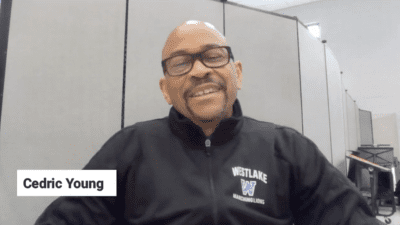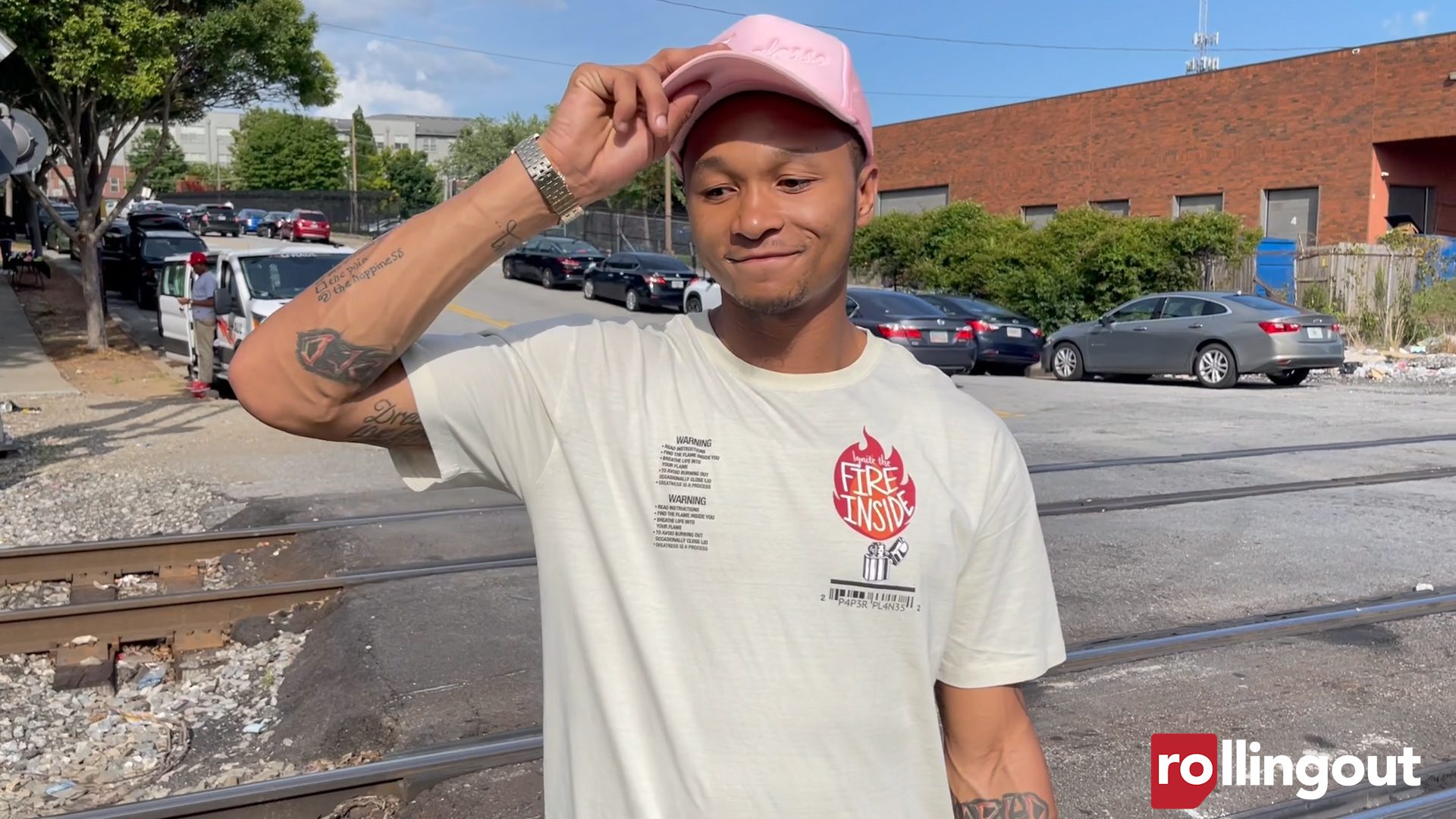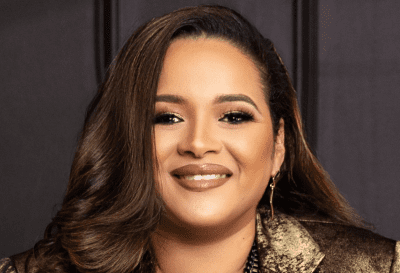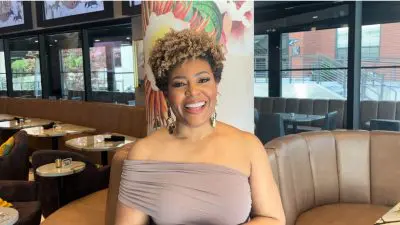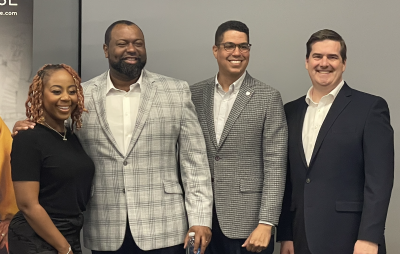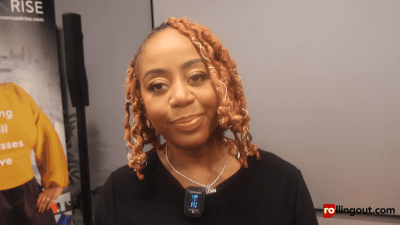
Charles S. Johnson III acknowledged for his meritorious contribution to the Civil Rights Movement
Dr. Charles S. Johnson III has a history of being the “first” as an African American lawyer. In 1976, he was the first African American professor at the University of Georgia’s School of Law. In 1983, Johnson became the first African American member of the Georgia State Board of Examiners, becoming the first Black chairman of the board in 1987. Johnson shared the distinction of being honored along with 119 other Georgia lawyers by the State Bar of Georgia and the Center for Civil and Human Rights for their contributions to the Civil Rights Movement during the late 1950s to 1970s. When it comes to the pursuit of civil rights and human justice, Dr. Johnson is among the first to recognize and protect its foundation. Here, Dr. Johnson discusses everything from his appreciation of the award to the power of social media in revealing human injustice to the world. –mike james
How does it feel to reach a milestone?
The milestone means there are more milestones to make. I appreciate being honored and I appreciate the Bar honoring all the promoters that they hired last week; it’s overdue.
Do you consider yourself a mentor?
I try to be. I try to make time for young people who are considering a career in the law. A lot of our folks don’t really know what the legal profession is about and how they can pursue a career.
What is the significance of the Center for Civil and Human Rights?
The Center for Civil and Human Rights is the only place in Atlanta where people can go and view the collection of Martin Luther King papers. People can also go and learn the tradition of pursuing human rights throughout the world, whether it’s civil rights or human rights.
Have we reached a milestone in terms of justice?
Justice to me is a work in progress. It is an unfinished quest and I totally think of a milestone as an opportunity to reflect on where we’ve been and where we need to go. It’s clear that there is more work to do. One of the interesting things about the times we live in now, is the proliferation of videotape technology. It has enabled people to see for themselves what they may not been able to see in the past. That was the thing about the Civil Rights Movement. The strategy was to dramatize the wrongs in society by having confrontations that were broadcast to the media and therefore to the world. So the world was exposed to some of the “wrongs” that needed to be corrected in society. And we are seeing another version of that today, not with mass media, [such as] television networks, but with individuals who are “talent” with their own personal devices to capture images and expose them to the rest of the world. You are having individuals who are playing the roles of what Edwards used to play in exposing the world to things that people might not have known about. People who are not Black that didn’t have a real idea of how a Black person interacts with law enforcement. This is just another development and reminder of the needed work to be done.
Is it hard to get young African Americans interested in the legal profession?
I don’t find it that difficult. Just some challenge of what a lawyer does. Most people don’t really know what we are really exposed to. A lot of times people don’t start out with an interest and what’s they learn about the range and variety of pursuing a lawyer degree.
What was your reaction to the recent pool party incident in Texas?
Well, my reaction was there would not have been any reaction or discipline had there been except for the fact that it was captured on video. People can see for themselves and make their own judgement.
What are some of the significant and interesting cases you took part in?
One is I was involved in was the school segregation litigation in DeKalb County, Georgia, just outside of Atlanta. [This case] changed the way resources are allocated in the public schools system. The Supreme Court looked at and changed the allocation of resources from month, to month, to month. There was a time where courts were not allowed to consider the quality of education. This case that I was on reached all the way to the Supreme Court. This case is one I am particularly proud of. [The case] got the courts to recognize [that] the only way to address housing discrimination is to prove that there is a difference in treatment through existing evidence. Those type of cases changed the way the law looked at the enforcement of civil rights.
Is there a current case you would like to contribute to?
I am very interested in the King versus Burwell case. It’s a decision about the Affordable Care Act and whether subsidies can be applied to insurances through the federal exchange and not just through state exchanges — that’s a civil rights issue. The whole issue of taxes and health care is [about] people not having a decent life. And that’s an exciting case that will make a difference on whether people will be able to have affordable health care in this country. And that’s a case I would love to do.


